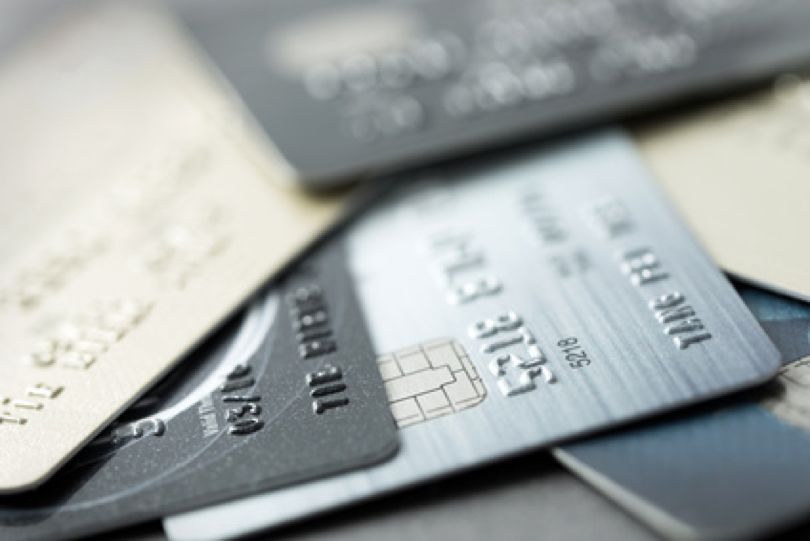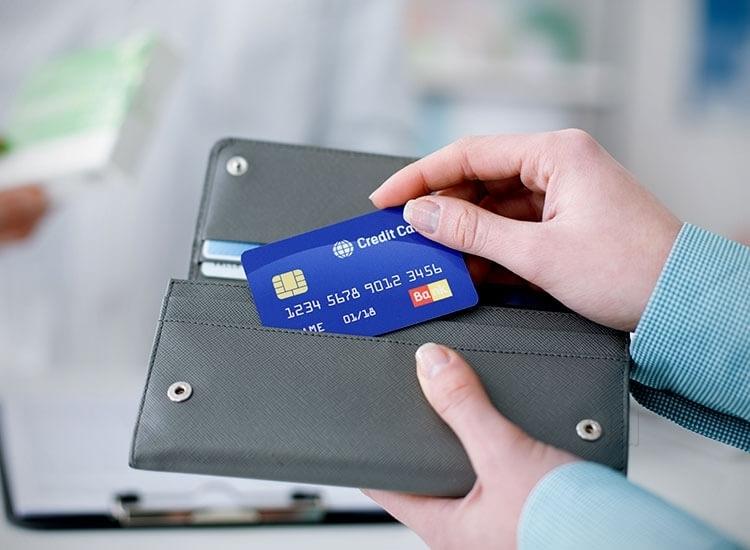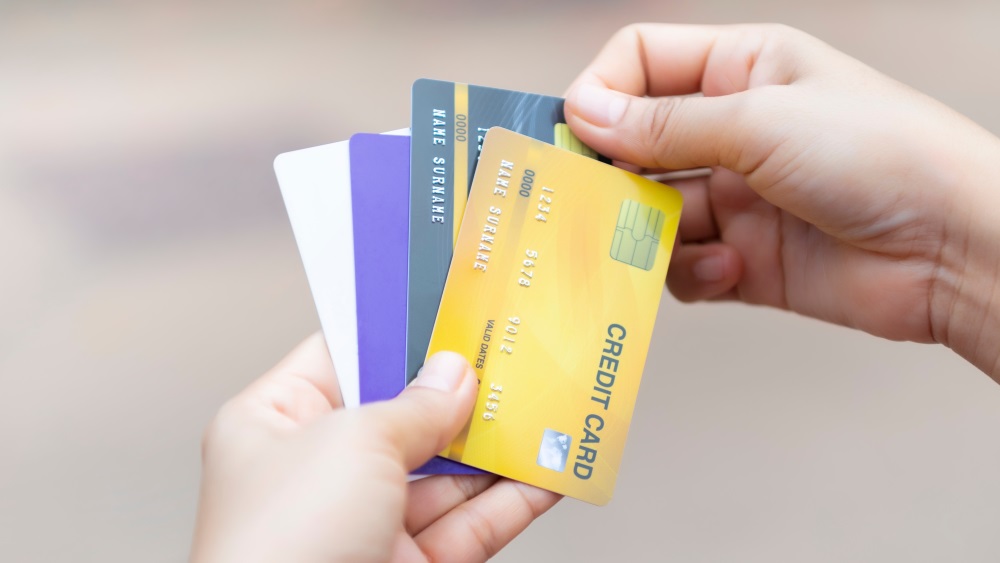Credit Card Jargons You Need To Know (Part 2)

When handled right, credit cards can be a beneficial financial support to your day-to-day expenses.
Like any new subscription, it is always advised to take your time to understand what you are signing up for. Right decisions can only be made when you know what you are getting into. Moreover, you will be aware of your rights as a consumer if you take your time reviewing the terms and conditions that come with a credit card.
While doing your research, you will undoubtedly come across a number of terms that may leave you confused. We understand and hence, here’s a list of credit card jargon to make your journey towards attaining a credit card smooth!
Billing Cycle
The billing cycle refers to the time between your previous credit card statement to your latest credit card statement. The usual period is between 21 to 28 days depending on the bank or credit card provider’s terms and conditions.
The cycle refers to the recurring bill statements that you will receive until your agreement has matured. Simply put, you will keep getting the billing statements as long as you are using the credit card.
Each statement is almost the same. You will see the same details such as the due date of your next payment, the month’s total usage, the interest charged, and more. It acts as a reference of your own record to keep track of your expenses using the credit card.
Cash Advance
Almost all credit cards come with the privilege for you to withdraw money from your credit card account. This is known as cash advance.
There will be a limit set to the amount you are able to withdraw. Most importantly, you should be aware that this privilege comes with a high-interest rate that will be charged to your monthly statements.
Planned and used carefully, the cash advance can be helpful to you especially during emergencies. However, it should not be treated mindlessly as you will need to deal with high interest and repayments later on.
Cashback
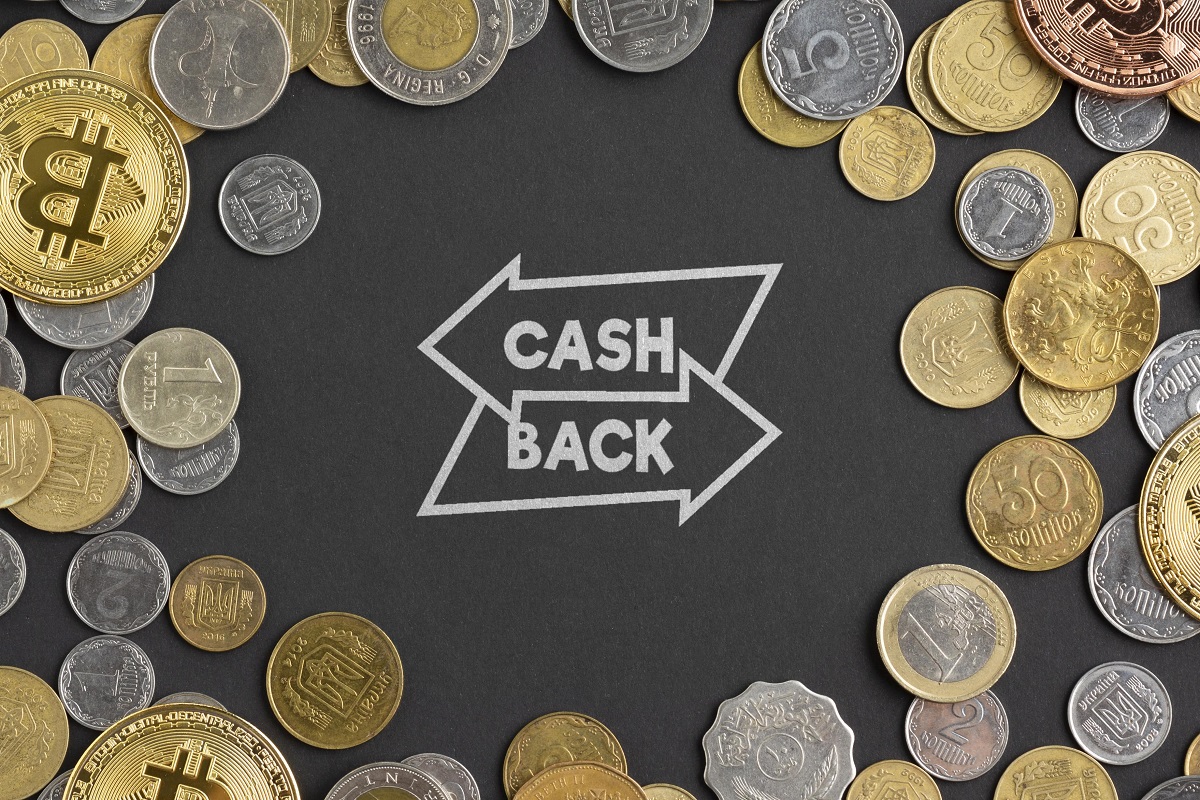
Earning rewards from credit cards feels like earning double the bonus. Credit cards come with different types of rewards. One of the most common types is cashback credit cards.
In Singapore, there are credit cards that offer you up to 10% cashback when you spend on eligible spending categories. Usually, earning cashback means that you are instantly earning a sum of money based on your expenses. And, you can use the cashback earned to offset your subsequent expenses.
The cashback earned can sometimes have an expiration period of 1 to 2 years. Sometimes, you might even come across credit cards that offer cashback without expiry. So, you can earn and spend without worrying about the tenure of your cashback earned.
MasterCard vs Visa Card
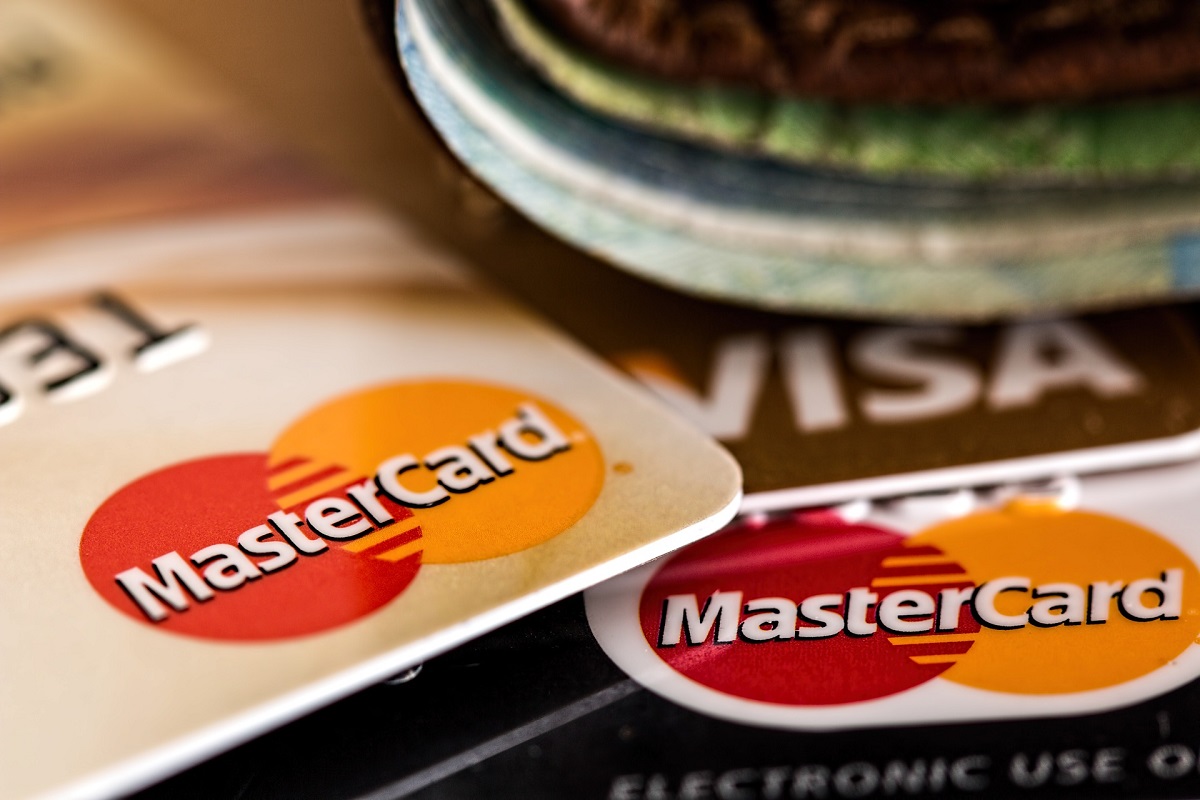
How often have you come across MasterCard and Visa Card? Do you wonder if both are the same?
Actually, MasterCard and Visa Card are referring to the globe’s largest transaction processing networks. There is no significant difference between both the transaction processes. It only depends on the type of payment processing network used by the bank or the credit provider.
Both MasterCard and Visa are globally accepted. Thus, you can swipe your credit card in any part of the globe and your transaction will be accepted, as long as the credit card plan allows you to do so.
There might be slight differences between both providers. You might notice that certain privileges are only for Visa Card users instead of MasterCard users and vice versa. Again, it highly depends on the credit card plan you sign up for as well.
Lost Or Stolen Cards
It is always better to prepare for a contingency plan even when you prefer to look at the best side of things.
You should be aware of your rights when the credit card you sign up for either gets stolen or lost. Every credit card agreement will have this term explained. Nevertheless, the conditions vary for different credit cards.
You should report the incident to the bank or credit provider to prevent any transactions the moment you realise you do not have your credit card with you. There will also be a certain charge imposed for the process of replacing your stolen or lost card.
Termination
If you are able to sign up for a credit card, you can certainly apply for termination as well.
Cancellation or Termination will mean that you wish to terminate the agreement between you and the bank or credit card provider. Depending on the policy of the credit card provider, you can either call, visit the branch, send an official letter or do all of these to cancel your credit card.
You will not need to give any termination notice period. Your agreement might also advise you on the proper way to dispose of your credit card to avoid any fraudulent issues.
Additionally, the credit card provider can also terminate the agreement if any suspicious activities are noted.
Understanding Before Signing
Now that you understand the most commonly used terms for credit cards, you will be able to make better decisions when it comes to signing up for a credit card.
